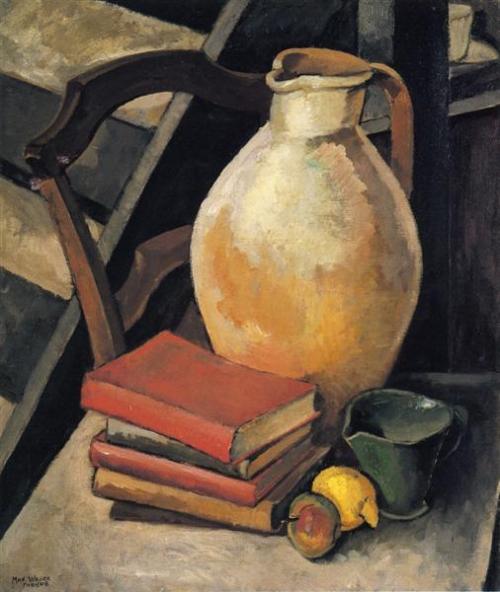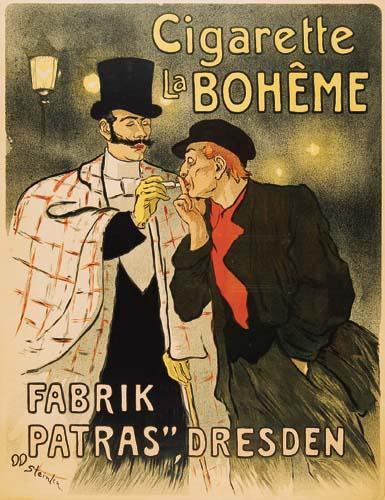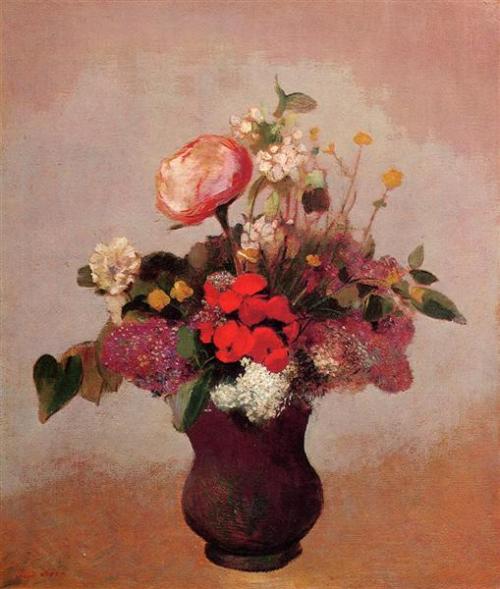from “Sonnets from the Portuguese“
XXXVl. When we met first and loved, I did not build
When we met first and loved, I did not build
Upon the event with marble. Could it mean
To last, a love set pendulous between
Sorrow and sorrow? Nay, I rather thrilled,
Distrusting every light that seemed to gild
The onward path, and feared to overlean
A finger even. And, though I have grown serene
And strong since then, I think that God has willed
A still renewable fear . . .O love, O troth
Lest these enclaspèd hands should never hold,
This mutual kiss drop down between us both
As an unowned thing, once the lips being cold.
And Love, be false! if he, to keep one oath,
Must lose one joy, by his life’s star foretold
Elizabeth Barrett Browning
_________________________
some poems cross the line of scrutability,
the line of even credibility sometimes,
being too cute for their own artful ever
nevertheless intentions, too abstruse,
clever, for their own too weighted words,
having let artifice overwhelm whatever
substance
the beginning here is straightforward,
Elizabeth hasn’t cast her dreams in
“marble”, she hasn’t engraved her
illusions in stone, she dutifully allows
for disappointment in the promise of
fulfilment that lies between what has
lain before for her and what lies ahead
be this promise not fulfilled, or
eventually, in any case, forthwith
thwarted, as inexorably it must, for
she is, they are, we all are, inescapably
mortal, we come to the end, ineluctably,
of all our projected dreams
but the danger of breaking, however
inadvertently, so magical a spell,
prevents her from moving even a
finger, as though a breath, a bristle,
a brush, could threaten its tenuous,
as she would have it, enchantment
and haven’t we all been there, I
remember the death of a possible love
in the momentary merely, and utterly
arbitrary, obstruction of our charged
line of sight, a sure sign of discordance,
a clear and irrevocable omen
but should their own conjunction not
hold, “This mutual kiss drop down
between us both”, she enjoins, allow
it to take hold as an independent, an
“unowned”, thing, a tribute ever to the
ineradicability of the moment, she urges,
even beyond their “lips being cold”, which
is to say, each beyond their, indomitably
separated, extraterrestrial existences
but why “drop down” instead of “raise”,
“[t]his mutual kiss …. between us”, one
incidentally wonders, shouldn’t a kiss
move up
“Love”, she then continues, “be false”,
out of, it seems, nowhere, do not hold
your promise of forever, she says, should
her suitor’s “oath” in any way betray his
happiness
hn, I asked, where did that come from
what are you talking about here, Elizabeth,
I pondered, which “oath” is to be kept, and
what “joy” is being threatened, you’ll have
to be more specific, dear
and how, furthermore, does this statement
follow from your otherwise reasonably
consecutive text
your love, I’m afraid, is a literary muddle in
this sorry construction, you’re generally,
though always metaphorically intricate,
more penetrable than this, you’ve let your
literary impulse trump your logic on this
one, Elizabeth, we’re not getting it
a poem must be, by definition, coherent, I
think, otherwise it’s nothing but hogwash,
doing damage to the very idea of poetry,
an affront, in the instance, indeed a
blasphemy
for poetry, to my mind, is sacred
then again maybe I’m being too ardent,
too harsh, too inflexible
and, for that matter, what, indeed, is
poetry
you define it
you be, for you are, the judge
Richard



